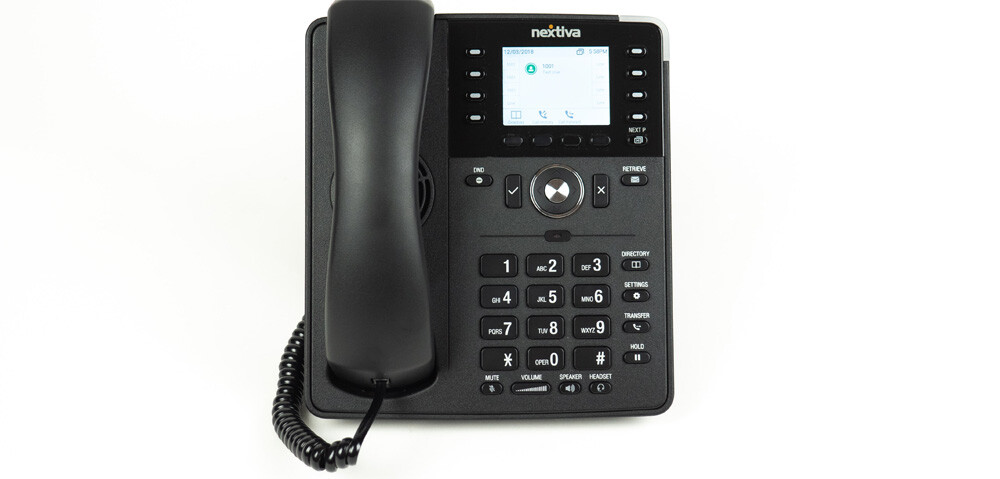The 5 Most Absurd Fees Anyone Ever Had to Pay

Sometimes, you have to pay people money, and that’s unfair. Really, they should be paying you, considering all the crap you have to put up with.
Even so, some charges are worse than others. For example, it’s good that the bar charges money for beer, because if they didn’t, all the beer would be gone by the time you show up. The following fees, however? They don’t make quite as much sense.
The Kid Who Had to Pay His Parents Back for His Birth
Don't Miss
The Boy Scouts of America was founded in 1910, combining a series of earlier groups. One of these was a Connecticut program called the League of Woodcraft Indians, created by Ernest Thompson Seton, who’d go on to be one of the Boy Scouts’ founders. In 1901, Seton fenced off his property to prevent trespassers from coming by and hunting, and kids responded by cutting holes in the fence to break in. Seton concluded that kids in the neighborhood had a thirst for outdoorsy skills, so he invited them in and made their hobbies official.

He took on a fatherly role, one different from the role his own father had played. Seton had gained his own outdoors skills as a boy by fleeing to the woods to escape his father’s beatings. His father’s tamer attacks, meanwhile, involved reprimanding his son for looking at him. “At whom are you staring, sir?” pa would say. “A more modest demeanor would comport more suitably with your station.”
Seton studied art in London and then returned home, now 21 years old. His father presented him with a bill — not for his studies (he’d received a scholarship for that) but for the entire cost of raising him. This bill included even the hospital expenses for delivering him 21 years earlier. He paid this bill, over time, before cutting off all ties with his father.
Alternatively, he could have simply screamed, “I owe you nothing. I didn’t ask to be born.” Actually, that’s something we can all scream, to the heavens.
Pay the Government to Abandon the Government
If you’re particularly angry at the Unites States, because the president marked Thanksgiving by pardoning a turkey who clearly deserved to be eaten, you have the right to renounce your citizenship. Renunciation comes with a fee. Currently, that fee is $2,350.
For comparison, Japan charges nothing to renounce Japanese citizenship. Germany charges $28 to renounce German citizenship. Poland’s fee is rather more, at $404, and America’s was $450 till 2014, when they suddenly multiplied the price by five. The issue, claimed the government, was that it takes a lot of labor to process all that paperwork, and yet, no other country charges nearly that much. At the start of last year, the State Department announced plans to drop the fee back down to $450, but still haven’t actually done so.

Usually, people renounce American citizenship not out of political protest but for tax reasons. Knowing that so many of these quitters are multimillionaires, you might think the $2,350 figure is no big deal. But the renunciation fee isn’t about targeting those fleeing rich folk. Those people also owe a much larger exit tax, which is so huge, you can’t even calculate it without hiring a team of lawyers. No, the renunciation fee is a flat charge that every renouncer must pay. It’s money you must pay the American government, for cutting ties with the American government.
A Fine for Relatives After Suicide
According to one stereotype, the Japanese are all overworked and suicidal. Their suicide rate has gone down a bit in recent years (it’s now less than America’s), but it’s still a problem, and one big spot for people on the edge is the train station. Enough people jump in front of train tracks that the country needs to run studies on different methods of train-station suicide prevention. Blue lights might calm people down, says some research. Or stations could erect barriers, but blue lights are cheaper.

If someone does throw themselves in front of a train, their family may be in for a surprise. Two surprises, with the second one being a bill from the Central Japan Railway Company. One time in 2007, for example, they sent a family a bill for the equivalent of $55,000. The company reasoned that the accident affected 34 trains and 34,000 passengers, and the family should be held to account. This private company does not, in fact, have the legal authority to fine families, so the family ignored the bill. The company then took them to court, and a judge sided with the company.
Japanese media sometimes dismiss it as an “urban legend,” this idea that train companies bill families of suicides. It’s an urban legend, note these publications, because train companies actually bill all families of people who are hit by trains, whether the departed purposely took their own life or not. Most such deaths, however, are suicides. With suicides, at least, there's an implied unstated motive: Maybe the shame of burdening their family with the bill will give some jumpers pause.
Pay for the Bullet That Kills You
In the horrendously specific genre of tales of families billed following a loved one’s death, we think we might have the last story beat. In 2009, 19-year-old Kaveh Alipour died at a protest in Iran. We don’t know whether he was participating in the protest or he was just passing through. Security forces shot him dead. It was a week before his wedding day.
His family did not realize at first what had happened to him. They treated him as missing and searched hospitals and morgues. Authorities finally did inform them of the death and also billed them the equivalent of $4,000. This is what’s known as the “bullet fee,” the price of the bullet that killed Kaveh, and they’d have to pay it to get possession of the body.

The family talked their way out of the bill by pointing out that $4,000 was more than the total value of everything they owned. Authorities settled for an alternative demand: The family could have the body, so long as they took it out of Tehran and buried it somewhere far away. So, a win-win situation.
The Touch Tone Fee
We’ve touched on some real tragedies today. Now, we have to address something even darker: telephone calls.
You see, there used to be these things called telephones, which people kept in their homes to talk to people in other homes. Early on, telephones used rotary dials, then starting in the 1940s, phones began using push-buttons. Each button sent out its own audio tone, a technology called dual-tone multi-frequency signaling. Phone companies charged an additional monthly fee for touch-tone dialing.

Decades passed. By the 1990s, touch-tone phones were the norm, and rotary dials were considered antiques or novelties. Still, phone companies charged a monthly touch-tone fee and made billions off it. Offering touch-tone service did not cost the companies money at this point and, in fact, saved them money over processing calls using rotary dialing.
The 21st century began. Cell phones became increasingly popular, and some people abandoned landlines altogether. Still, some companies stuck with the touch-tone fee. In 2015, one Canadian company justified the fee by saying that customers still using rotary didn’t have to pay it. Then, facing continued criticism for “Canada’s dumbest charge,” the company finally eliminated the fee. Which is to say, rather than charging an additional $2.80 for touch-tone service, they increased everyone’s monthly bill by $2.80 and stopped listing the amount as a separate charge.
Anytime you hear someone’s eliminated a fee, this is what really probably happened. You’re screwed either way, but at least when it’s a separate fee, they let you know how they’re screwing you.
Follow Ryan Menezes on Twitter for more stuff no one should see.